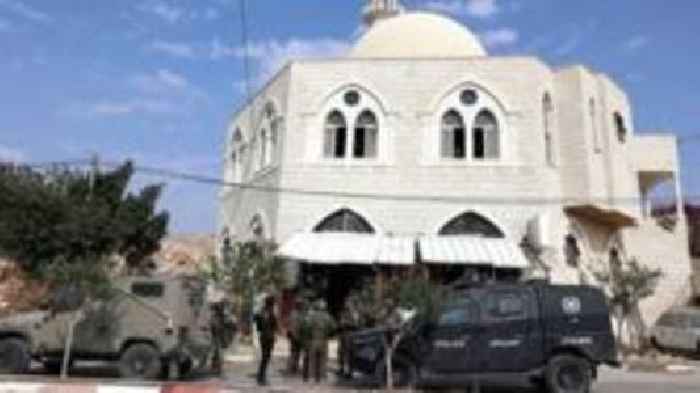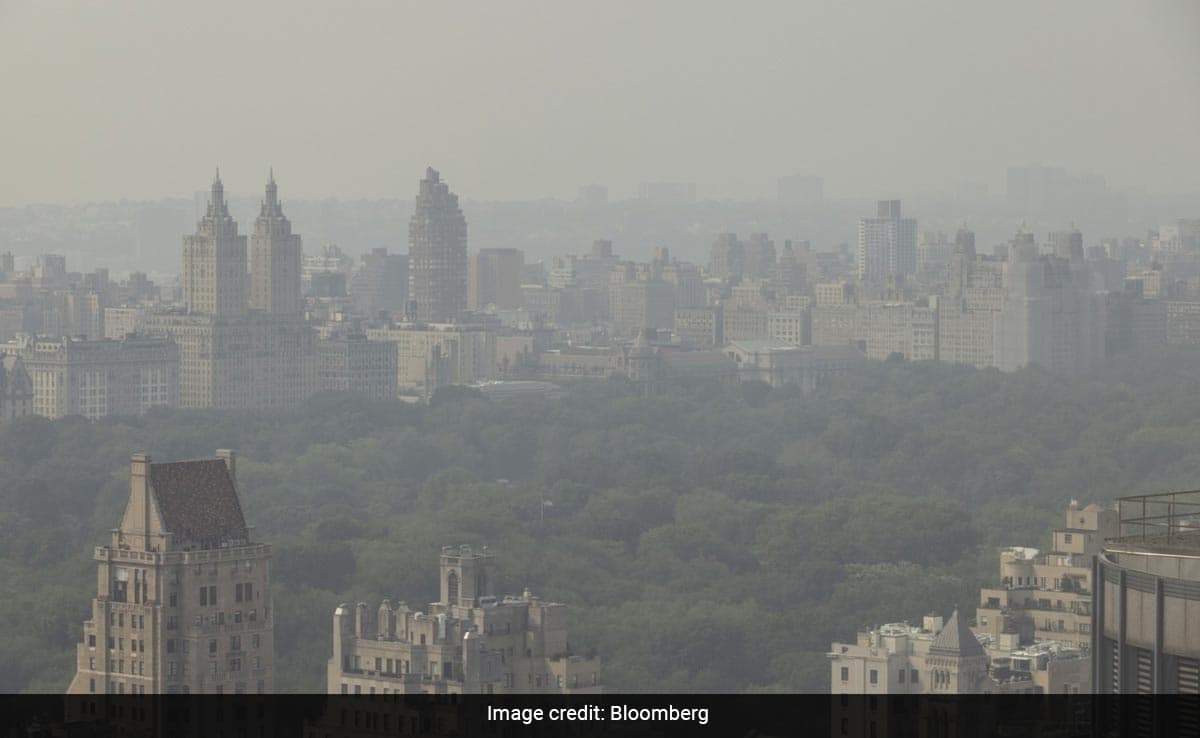Settler Violence in West Bank Creates Deep Divisions Within Israel
Renewed and intensifying attacks by Israeli settlers in the West Bank have sparked rare public rebukes from Israel's military leadership and exposed sharp splits in Israeli society over law and order. The surge in violence is raising alarm among international observers, complicating diplomacy and increasing scrutiny of accountability for attacks on Palestinians.
Listen to Article
Click play to generate audio

Israeli military leaders this week broke a longstanding public reticence to condemn settler violence, with the chief of staff declaring recent attacks "a red line" and promising that the military will "act decisively". The unusually forceful language followed reports of settlers setting fire to a Palestinian warehouse and surrounding land, incidents that have been part of a wider uptick in violence across the West Bank since the Gaza conflict began.
The United Nations Office for the Coordination of Humanitarian Affairs has recorded some 1,000 Palestinians killed in the West Bank since the start of the Gaza war, noting that between 20 and 32 of those deaths were caused by Israeli settlers. The figures underscore the growing role of settler attacks in a theatre long dominated in international coverage by fighting around Gaza, and they have prompted concern among rights groups and diplomats about protection for Palestinian civilians and wider rules of engagement.
Those developments have opened rifts within Israel. Some elements of the settler movement have resisted state authority and in some cases confronted troops and police. At the same time the chairman of the West Bank Settler Council issued a statement backing the Israeli army in arresting the "anarchists" who harmed soldiers and civilians. The comment illustrates a complex internal division, in which mainstream settler leadership seeks to preserve political legitimacy while more radical activists pursue confrontational tactics that provoke security responses.
Analysts say the disputes are reshaping domestic political calculations. The public rebuke by the military highlights tensions between security institutions that must preserve order and political figures who have courted settler support. The schism carries implications for coalition politics in Jerusalem and for the capacity of the Israeli state to enforce law impartially in occupied territory. For Palestinians on the ground, the result has often been disparate protection and limited recourse.
Beyond internal politics, the surge in settler violence is reverberating abroad. Diplomats and international legal scholars note that attacks on civilians and destruction of property in occupied territory raise potential issues under international humanitarian law and human rights treaties. Several foreign governments and UN bodies have called for clear investigations and accountability mechanisms, warning that continued impunity deepens grievances and could fuel further cycles of violence.
The tactical picture is alarming. Reports of arson and intimidation intended to displace Palestinian communities have prompted fears of a deliberate campaign to alter facts on the ground. The BBC and other international outlets have documented how accelerated settlement activity and settler violence can contribute to the shrinking of Palestinian living space and heightened communal friction.
As Israel contends with the consequences of the Gaza conflict, the spotlight on the West Bank is intensifying. Military promises to "act decisively" will be judged by whether arrests translate into sustained law enforcement and legal proceedings that hold perpetrators to account. For Palestinians and for regional diplomacy, the outcome will shape not only immediate security conditions but also longer term prospects for stability and for any negotiated future.


